Marie Curie 1867-1934 - Your passion can kill you

"Have no fear of perfection; you'll never reach it.""Nothing in life is to be feared; it is only to be understood."
Who was Marie Curie?
Marie Curie was one of the greatest scientists that contributed to make our lives easier today. During world war 1 she helped develop mobile x-ray machines, using her own discovery, radium.
Marya Sklodovska was born in 1867 in Warsaw Poland. She came from a well educated, but poor family, and was the youngest of five children. In school she did exceptionally well in her studies. Marie Curie became committed to the ideal of Polish independence from Russia which was currently ruling Poland. Life was very difficult for intellectuals.
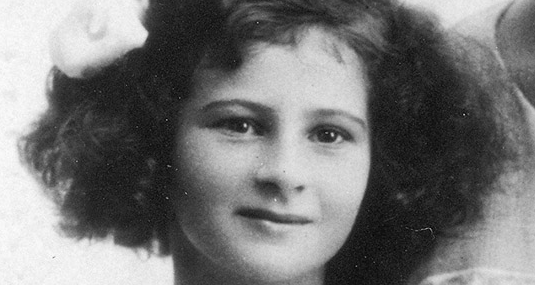
Marie had a dream of teaching fellow Polish women. She took an interest in Biology and Chemistry. She continued to earn her living through private tutoring, and in 1886 accepted a job as governess with a family in Szczuki, Poland.
She was determined to achieve her dream of becoming a university student. In September 1891 Marya moved in with her sister in Paris. She studied at the Sorbonne but struggled to learn French and then threw herself into her studies. She first finished her degree in Physics and then later received a degree in Mathematics.
She changed her name from Marya to Marie....
It was in Paris, that Marie met Pierre Curie. He was the chief of the laboratory at the school for Physics and Chemistry. Marie enrolled as a student of physics, and in 1894 she was desperately looking for a laboratory where she could work. Pierre fell in love instantly but Marie was stubborn. After continued pursuing Marie gave in to his charm and they were married in 1895. Marie and Pierre Curie was inseparable and began a most extraordinary partnership in both life and Scientific work. They had two daughters together, and in 1906 Pierre Curie died in a street accident, when his skull was fractured after he slipped and fell under a heavy horse-drawn cart.
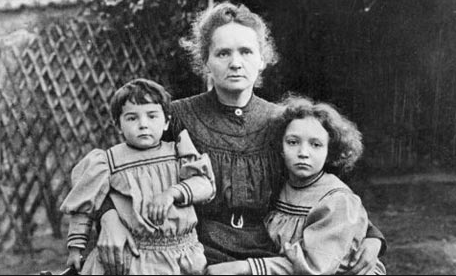
Scientific research
Pierre and Marie first turned their attention to Uranium recently discovered by Antoine Henri Becquerel. They came together over their research into magnetism, but soon branched out into radioactivity – a field so new that Curie named it herself. Marie had a hunch that radiation was an atomic property and was sure that it had to be present in other elements.
She then invented the word "radioactivity" which means the spontaneous release of radium. Two of their papers reached the Academy of Sciences within six months. They first announced the discovery of a new radioactive element, which the Curie's named Polonium after Marie's native country. The second paper announced the discovery of radium. From 1898 to 1902 the Curies published a total of thirty-two scientific papers. Among them, one announced that diseased tumor-forming cells were destroyed faster than healthy cells when exposed to radium.
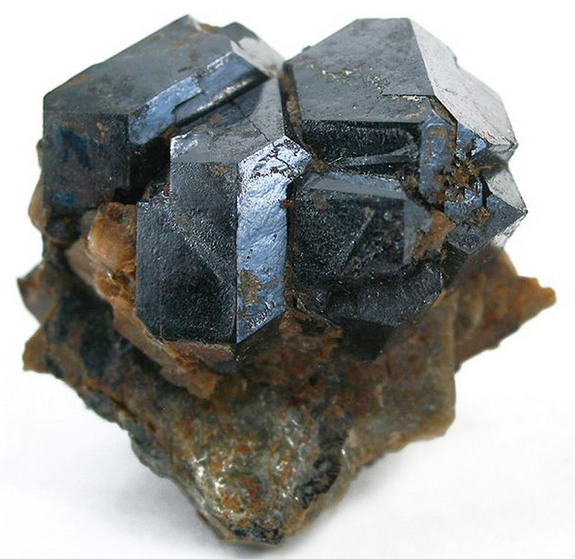
How did she discover another radioactive element?
Marie Curie used lumps of a fairly common mineral called pitchblende. It is a pitch black substance that is also radioactive. No trace of Uranium was found in pitchblende, so she knew it had to be something else that was radioactive and that is was probably a new element. To find the new elements she had to grind the pitchblende in a pestle and mortar. Little did she know at the time, but she would have to grind over a tonne of pitchblende to extract about 0.1 grams of radium. Radium and polonium are extraordinarily radioactive. One gram of pure polonium is about 250,000 times more lethal than arsenic.
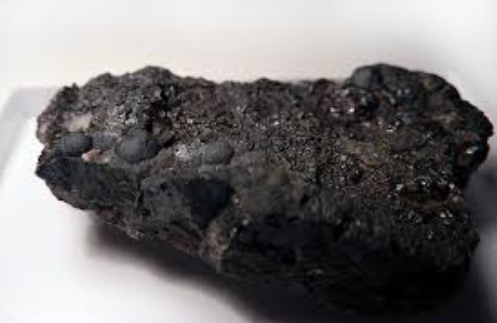
In 1903 Marie and Pierre were awarded the Nobel Prize for Physics jointly with Henri Becquerel for their combined, though separate, work on radioactivity. In 1911 Marie Curie received another one for Chemistry.
She was a very committed scientist. She dedicated her life to her discoveries, and ultimately the constant exposure to radiation killed her.
On July 4, 1934, she died of aplastic anemia, a blood disease that is often caused by too much exposure to radiation.
Throughout her life she paved the way for other women to become independent. She was an extremely hard working person and she will always be remembered for the contribution that she made in the fight against cancer.
"I am one of those who think like Nobel, that humanity will draw more good than evil from new discoveries."
References:
http://www.biographyonline.net/scientists/marie-curie.html
http://www.notablebiographies.com/Co-Da/Curie-Marie.html#ixzz4UXkmh4Oc
https://www.mariecurie.org.uk/who/our-history/marie-curie-the-scientist



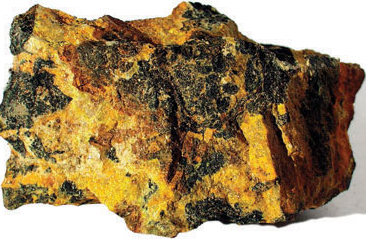
I really like her curiousity and genious. She did some dangerous stuff in hindsight, but back then people did a lot of dangerous stuff.
Posted using Partiko Android
I teach science and Maths, but Science is my favorite subject. It's amazing to think about where it started and where we are now. If it weren't for the dangerous stuff then we would not have this wonderful advanced technological stuff to learn about... thanks for reading!
I've always liked those two subjects best. My favorite science is physics, but I can't really choose which physics specifically. There has definitely been a learning curve especially with chemistry.
Posted using Partiko Android
Hi @giantbear!
Your post was upvoted by @steem-ua, new Steem dApp, using UserAuthority for algorithmic post curation!
Your UA account score is currently 5.273 which ranks you at #821 across all Steem accounts.
Your rank has dropped 5 places in the last three days (old rank 816).
In our last Algorithmic Curation Round, consisting of 161 contributions, your post is ranked at #89.
Evaluation of your UA score:
Feel free to join our @steem-ua Discord server
You got a 42.09% upvote from @ocdb courtesy of @giantbear! :)
@ocdb is a non-profit bidbot for whitelisted Steemians, current max bid is 20 SBD and the equivalent amount in STEEM.
Check our website https://thegoodwhales.io/ for the whitelist, queue and delegation info. Join our Discord channel for more information.
If you like what @ocd does, consider voting for ocd-witness through SteemConnect or on the Steemit Witnesses page. :)